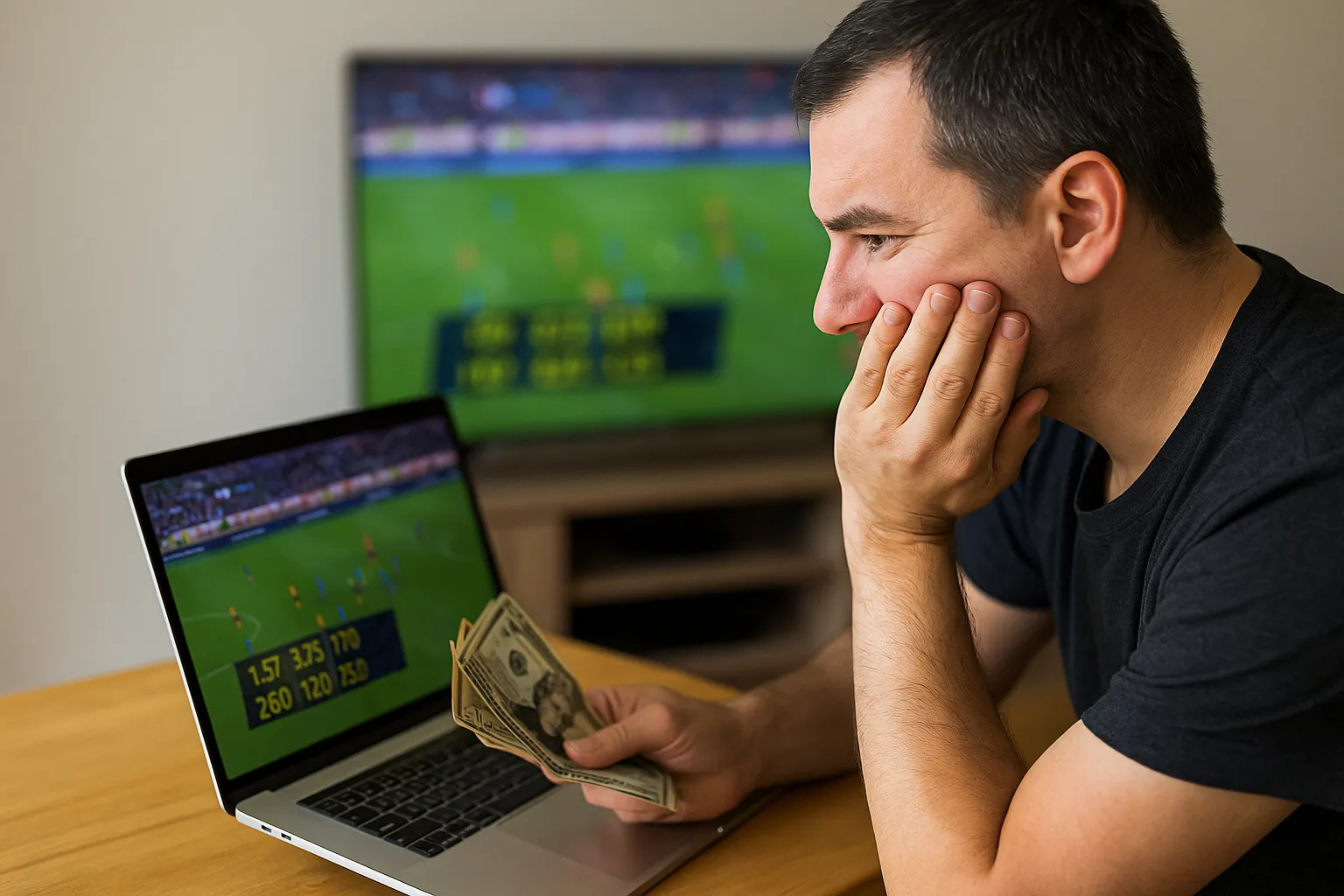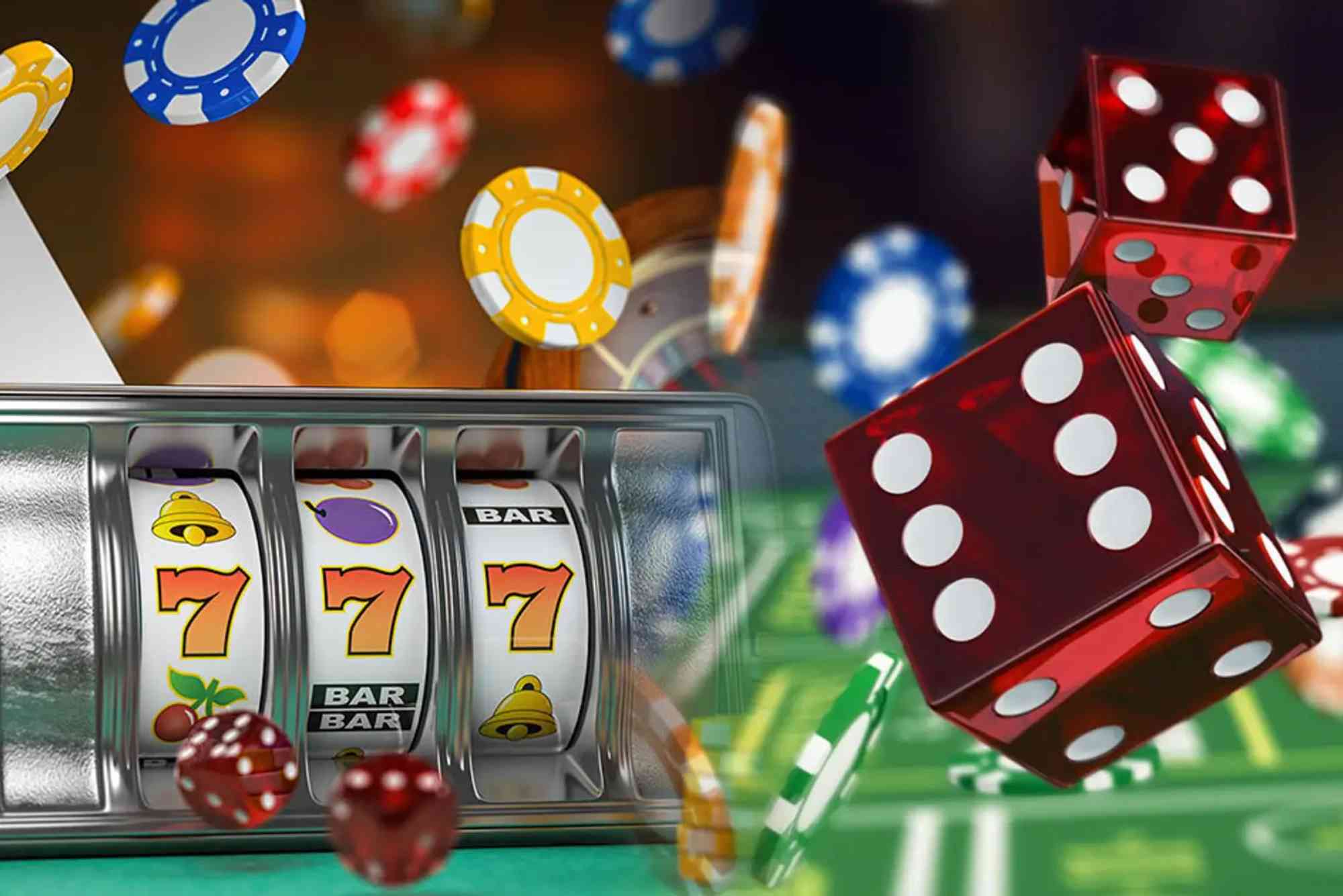When most people think about sports betting, they imagine statistics, odds, and data analysis. While these elements are crucial, they only tell part of the story. The reality is that psychology plays a far greater role than many bettors realize. Success in sports betting often comes down to how well you manage your emotions, control your impulses, and maintain discipline under pressure. Having watched both seasoned bettors and casual players over the years, I’ve seen firsthand how mindset can be the difference between consistent profits and costly mistakes.
The Influence of Emotions on Betting Decisions
Sports are emotional by nature. Fans cheer, shout, and react to every high and low, and those same emotions easily spill over into betting. A bettor who just watched their favorite team score may rush to place a wager, not because the odds are good but because of excitement. On the flip side, anger or frustration after a loss can lead to “chasing losses,” where players throw good money after bad in an attempt to recover quickly.
This is where psychology matters most. Successful bettors know how to separate passion from strategy. They approach betting like an investment, staying calm in the face of wins and losses. Without this control, even the best analytical skills can be undone by poor emotional judgment.
The same concept is visible in fast-paced formats such as crash games, where players must make split-second decisions on when to cash out. Those who stay cool and disciplined often fare better than those who panic at every movement of the multiplier.
Cognitive Biases in Sports Betting
Beyond emotions, bettors are also affected by deep-rooted psychological biases. One common example is the “gambler’s fallacy,” where players believe that past outcomes influence future events. If a football team has lost five matches in a row, some bettors assume they are “due” for a win, even though each match is independent.
Another bias is overconfidence. After a few successful bets, many players start believing their intuition is infallible, leading to reckless wagers. Anchoring bias is also common—bettors may cling to initial odds or pre-game predictions even when in-game events suggest otherwise. Recognizing these biases and learning to counter them is critical for long-term success.
The Role of Discipline and Patience
One of the strongest psychological traits in successful betting is discipline. Professional bettors don’t place a wager on every match just to stay involved. They pick their spots carefully, often waiting days or weeks for the right opportunity. This patience comes from understanding that betting is a marathon, not a sprint.
Casual bettors, however, often lack this restraint. The urge to always be active, combined with the excitement of live odds, creates pressure to bet more frequently. Without a disciplined strategy, bankrolls are quickly depleted, and frustration takes over. Psychology here is about resisting impulses and remembering that not betting can sometimes be the smartest decision.
Stress, Pressure, and Decision-Making
Live betting environments can heighten stress levels, with odds shifting in seconds and constant pressure to act quickly. Under stress, the human brain tends to default to instinct rather than rational thought. This often results in impulsive decisions that favor short-term emotion over long-term logic.
The best bettors learn how to manage this stress. Some use breathing techniques, while others set strict limits to reduce the risk of irrational behavior. By preparing mentally, they ensure that pressure does not cloud their judgment during crucial moments.
The Psychology of Winning and Losing
Winning in sports betting feels exhilarating. The dopamine rush can make people want to repeat the experience immediately, leading to overconfidence. But psychology teaches us that the real test of a bettor’s mindset comes after losses. Accepting that even the best strategy will not always succeed is vital.
Many bettors struggle with detachment. They become emotionally tied to outcomes, allowing one loss to dictate their behavior in the next game. Successful bettors, on the other hand, view losses as part of the process. They analyze mistakes objectively, learn from them, and move forward without letting frustration take over.
Building a Mindset for Long-Term Success
So how do bettors use psychology to their advantage? It begins with self-awareness. Understanding your triggers—whether it’s excitement, frustration, or overconfidence—helps in making better decisions. Setting clear goals, sticking to a budget, and avoiding emotional bets are practical steps that strengthen mental discipline.
Another useful approach is treating betting like a skill-based activity rather than a gamble. By combining research, strategy, and psychological control, bettors shift from relying on luck to relying on preparation. Over time, this mindset builds consistency, even if short-term results fluctuate.
Final Thoughts
Psychology shapes sports betting in more ways than statistics ever could. The ability to manage emotions, resist biases, and maintain discipline separates successful bettors from those who continually chase losses. Numbers and odds may guide betting decisions, but it is psychology that determines whether those decisions are sound.
In the end, success in sports betting is not just about predicting outcomes—it’s about controlling yourself. Those who master the mental game stand the best chance of winning in the long run.









